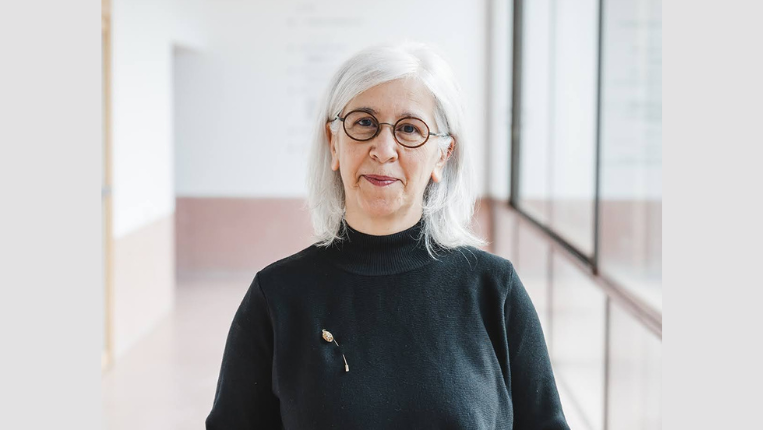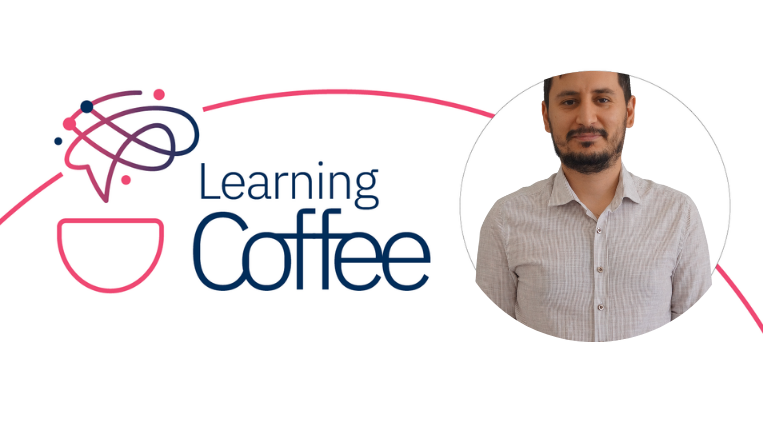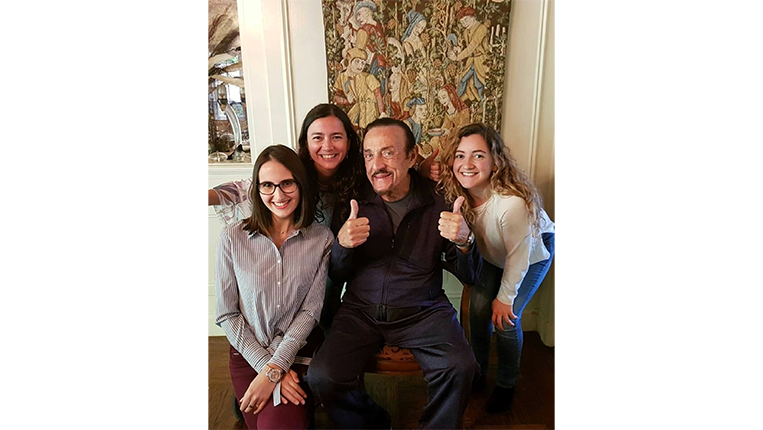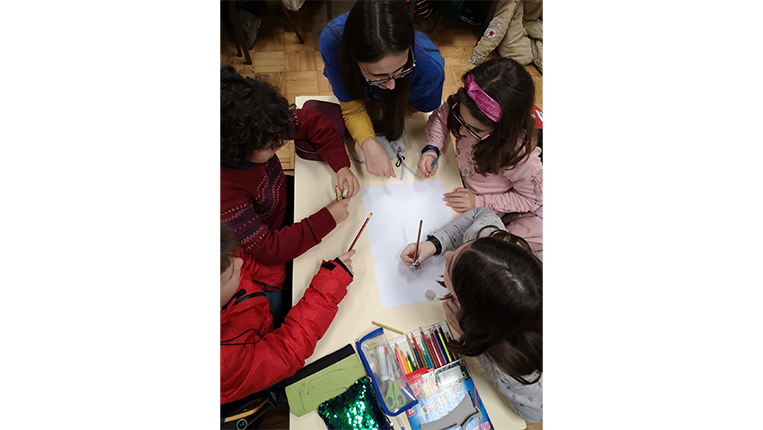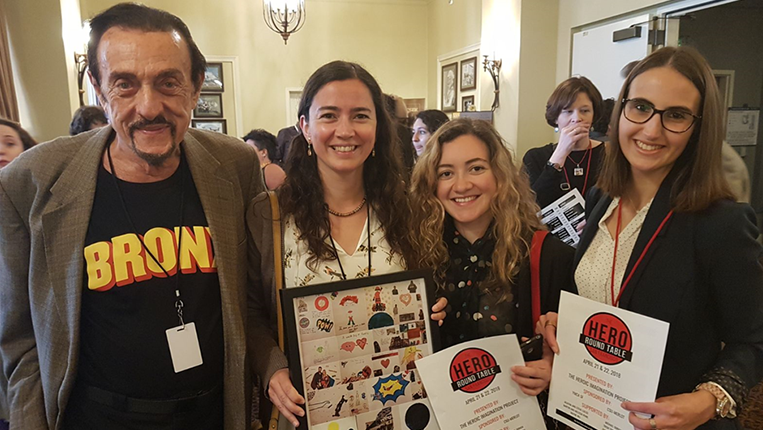The Faculty of Education and Psychology at the Universidade Católica Portuguesa (FEP-UCP) has recently published an article in the international scientific journal “Heroism Science”, documenting the history, impact, and expansion, in Portugal, of the Heroic Imagination Project (HIP), a global initiative that encourages people to act heroically in everyday life. The study was led by Mariana Barbosa, lecturer at FEP-UCP and researcher at the Research Centre for Human Development (CEDH), with co-authors Ana Mafalda Guimarães and Mafalda Gomes Santos, both former FEP-UCP students.
The article, entitled “From Heroic Imagination to Heroic Action: The Legacy of Philip Zimbardo in Portugal”, describes how, since 2018, HIP has been adapted and implemented in Portuguese schools and community centres, following direct training with Philip Zimbardo, a world-renowned figure in Social Psychology and founder of the project.
HIP Kids e HIP Teens: shaping everyday heroes
The HIP Kids and HIP Teens programmes teach children and young people to overcome psychological barriers that inhibit helping behaviour and civic action, tackling the phenomenon known as the “bystander effect”. Through non-formal education methods (group dynamics, debates, and simulations), participants learn strategies to act in situations of injustice, bullying, or social exclusion.
Since 2018, these initiatives have been implemented in schools across different regions of the country, as well as in community centres, including TEIP territories (areas of greater social vulnerability). In total, around 1,200 children and adolescents have already taken part in the programmes.
From imagination to heroic action
Initial studies revealed significant increases in altruism and pro-social tendencies among young people who participated in HIP, compared to control groups.
Qualitative evaluation reinforced these findings, showing tangible changes in daily life: from small acts of solidarity to improvements in family interactions, with young people reporting not only more empathetic communication at home but also influencing their own families to act and not remain “bystanders” in situations of need. Other initiatives, such as the Ubuntu for Heroes programme, also demonstrated positive impacts on social, cognitive, and emotional skills.
The article further highlights the creation of HIP Clubs, a natural evolution of the work developed with HIP Teens, enabling participants to apply - within their own neighbourhood - the knowledge acquired during the sessions, moving from imagination to heroic action. This experience led to community actions such as clean-up campaigns, accessibility audits, formal letters sent to local councils, and anti-bullying awareness campaigns. These initiatives not only improved the community environment but also strengthened young people’s perception that they can be agents of change in their own context.
A tribute to Zimbardo’s legacy
The article is also a tribute to Philip Zimbardo’s legacy, whose close collaboration with the Portuguese team began with a simple and unexpected email. Since then, 13 master’s dissertations have been developed at FEP-UCP within the scope of HIP, consolidating the programme’s adaptation and scientific validation in Portugal.
For Mariana Barbosa, “The Heroic Imagination Project shows that the courage to act is not an extraordinary trait, but a skill that can be taught and practised. By bringing this programme to Portuguese schools and communities, we are giving young people the tools to face situations of injustice and transform their reality. Because being a hero is, above all, choosing not to remain indifferent.


